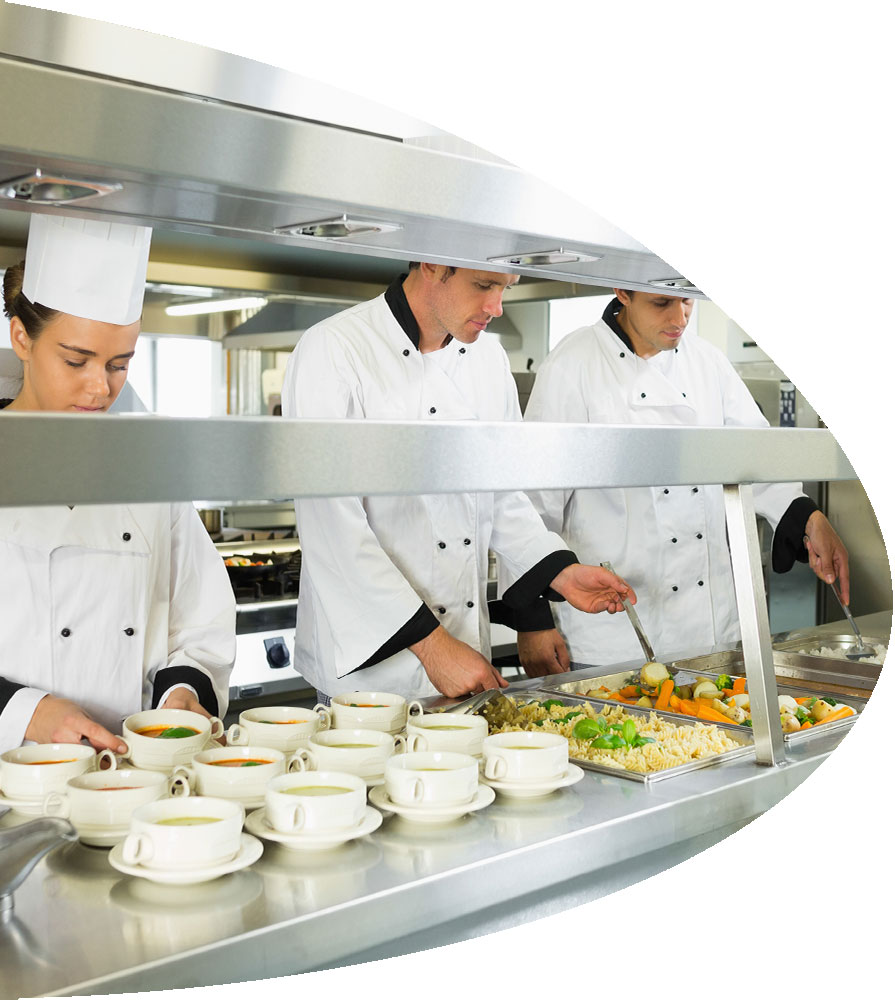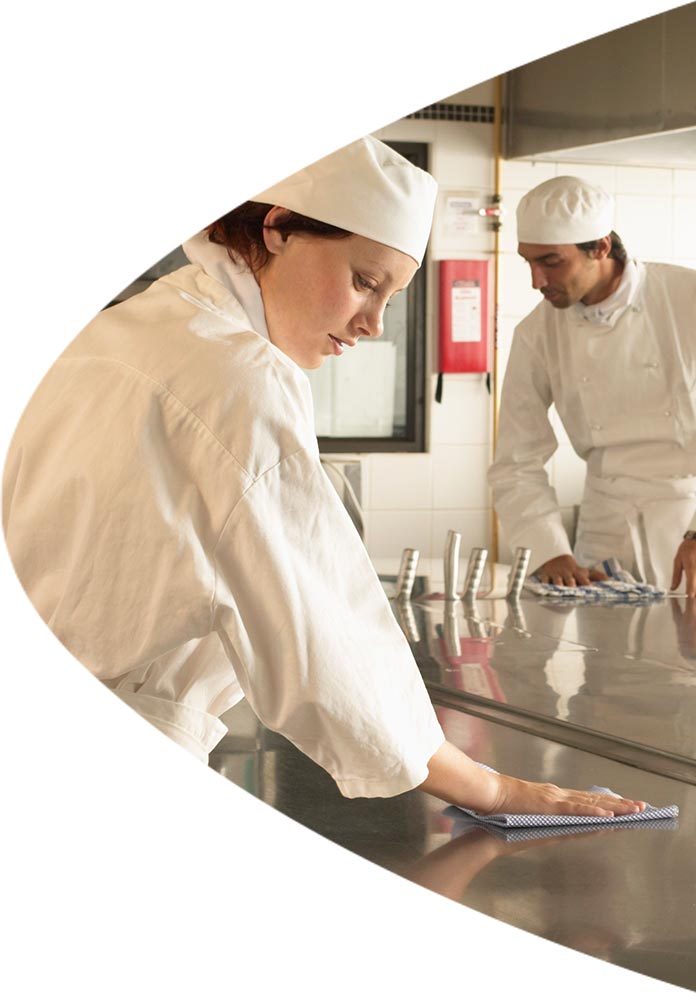In businesses, hospitals and schools, old-style canteens are increasingly giving way to professional kitchens and even large central kitchen units capable of preparing and delivering tens of thousands of meals a day. They share their constant objective of quality and flavour with preparation units (for meat, fish, etc.) in those supermarkets and hypermarkets that wish to offer their customers an added extra.
Just like the food industry, these service activities have to ensure that foods prepared and distributed in compliance with increasingly stringent regulations are safe, but under very specific conditions. In a central kitchen unit, all the functions of a restaurant (storage, unpacking, preparation, cooking, sink dishwashing, etc.) are concentrated in a fairly small area, with a wide variety of products (vegetables, meat, fish, fruit, and dairy products). Food is never sterile and bacteria follow the route taken by the foodstuffs, operators, waste, packaging, etc., and there is a risk that they will accumulate and spread on the premises, cross-contaminating nearby products.
The only way to prevent the contamination that would present a danger to consumers is through stringent hygiene rules and proper disinfection of at-risk equipment and areas. Protecting human health, and especially the health of children in schools and patients in hospital settings, is non-negotiable. As a result, the introduction of strict cleaning and disinfection protocols therefore has a dual objective: to remove visible dirt (large waste items, grease, various types of soiling) by cleaning, and invisible dirt (bacteria) by disinfection.
With this in mind, Kersia has developed a complete range of programmes and solutions exclusively for these service activities. The range includes critical point analysis, recommendations for solutions and a hygiene plan, as well as monitoring to ensure that best practices are applied: suitability of the product for the surface to be treated, product concentration, the action time for the product, the temperature of the solution used, etc.
Teams in this service universe are inherently multitasking, and proper training is a crucial factor in making processes even safer. Our experts support our customers’ teams on a day-to-day basis, providing them with posters explaining cleaning/disinfection procedures, technical data sheets, safety data sheets and simple safety instructions that are easy for operators to understand in service sectors where staff turnover is often high.
Cleaning and disinfecting – scouring, degreasing, disinfecting, washing with mild detergent, professional floor cleaning, etc. – equipment and tools used for a wide variety of tasks (such as grinders, knives, ovens, dishes and fridges) require the use of very different products. To prevent the risk of errors that would jeopardise operator and consumer health, Kersia pays particular attention to providing clear labelling that is easily understood.
Sustainable and innovative solutions
Kersia invests in innovation every day to propose sustainable solutions for tomorrow!
>> Develop products that are more respectful of the environment while maintaining the same or better efficiency. <<
>> Reduce water consumption through new hygiene solutions. <<
>> Develop new enzymatic and biotechnological technologies. <<
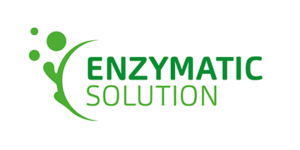
ENZYMATIC SOLUTION
Specific formulation with enzymes or mix of enzymes (improved cleaning performance even on sensitive materials, enzymatic products act on the polysaccharide chains responsible of biofilm adhesion, etc.)
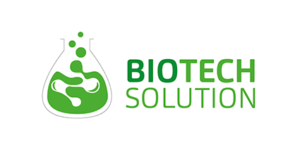
BIOTECHNOLOGY SOLUTION
Specific formulation with selected non-pathogenic bacteria (synergy action of the biological and chemical elements, odor control, etc.)
Highlighted Solutions
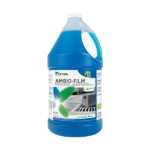
AMBIO-FILM
Biotechnological Solution for grease traps and interceptors to optimize the efficiency of the wastewater clarification process
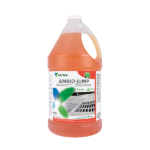
AMBIO-JUMP
Biotechnological Solution for pipes and drains optimized to reduce effectively fat buildup and prevent blockages in drains and pipes
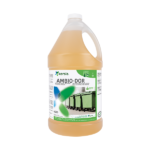
AMBIO-DOR
Biotechnological solution to control bad odors emitted by trash compactors and trash container

